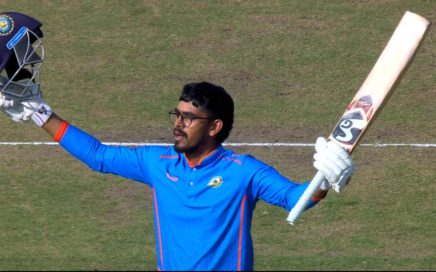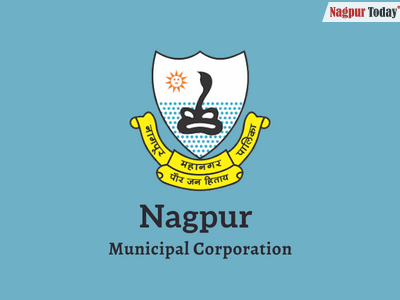
Nagpur: Former Minister Sunil Kedar, already in trouble due to the scam in the Nagpur District Central Cooperative Bank (NDCCB), faces new challenges.
Kedar was barred from contesting the Assembly elections following a court ruling that held him guilty. Additionally, the court has ordered him to pay a substantial amount, further tightening his financial situation. Now, efforts are underway to eliminate his influence over the district bank as well.
According to a report in a Marathi daily, Saoner MLA Ashish Deshmukh has requested the Chief Minister Devendra Fadnavis to replace the current individual administrator of the bank with the Maharashtra State Cooperative Bank as the institutional administrator.
Kedar and Deshmukh have a history of political rivalry. Kedar had defeated senior Congress leader and former state party president Ranjit Deshmukh to claim control over the Saoner Assembly constituency, maintaining unchallenged dominance for nearly 25 years. However, Ashish Deshmukh, the son of Ranjit Deshmukh, has now overturned this power dynamic, and steps are being taken to sever Kedar’s financial resources.
After assuming office, Ashish Deshmukh ordered the closure of toll booths in the Saoner Taluka and launched a crackdown on illegal sand transport. He warned officials and agencies that sand smuggling would no longer be tolerated. Furthermore, he shut down the weighing system in the Kalamna Agricultural Produce Market Committee, signalling caution to Kedar’s supporters and associates.
The Nagpur District Central Cooperative Bank, one of Kedar’s significant strongholds, is now under an administrator’s control following the scam. The current administrator, Divisional Joint Registrar Dinesh Baghel, has been managing the bank. However, Deshmukh suspects that Kedar continues to exert influence over the bank despite this arrangement.
In a letter to Chief Minister Devendra Fadnavis, Deshmukh has demanded that the Maharashtra State Cooperative Bank be appointed as the institutional administrator for the NDCCB, transferring all management responsibilities to them. Given Fadnavis’s political rivalry with Kedar, Deshmukh’s request is likely to gain approval.
Cooperative banks play a crucial role in the rural economy, particularly through their three-tier structure. District banks, in particular, are vital in improving farmers’ livelihoods through various cooperative societies under their umbrella. Deshmukh emphasized the urgent need to assess the operations of all branches of the Nagpur District Central Cooperative Bank, which currently suffers an accumulated loss of Rs 290 crore.
In his letter, Deshmukh argued that appointing the Maharashtra State Cooperative Bank as the institutional administrator would enhance the bank’s financial health. This would enable the use of state-level cooperative bank resources, trained personnel, and strategic policies to effectively manage and revive the NDCCB.




















